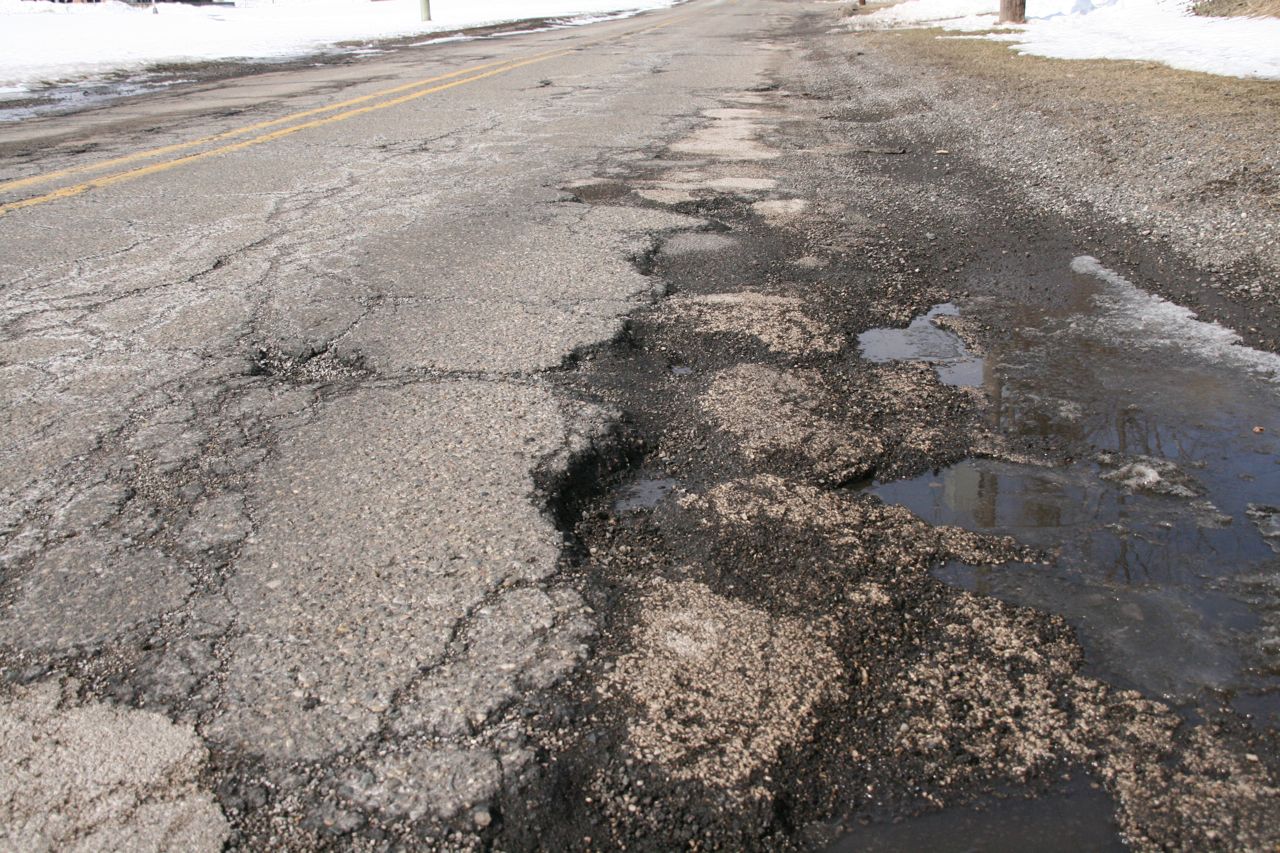Road Funding Proposal Faces Possible Uphill Battle
- Published: 1/15/2015
- Comments
LANSING - On Tuesday, January 20th, Governor Rick Snyder encouraged citizens in his State of the State Address to vote 'yes' on the upcoming ballot to increase sales tax for road funding.
Although the proposal has support from both Republican and Democratic officials, the legislature has placed the future of the bill in the hands of the people since a sales tax increase requires the public's approval. By increasing the state sales tax from 6 to 7 percent, Snyder promised safer roads and a stronger school system by raising $1.34 billion a year.
The resulting revenues would be split between: $1.2 billion for roads; $112 million for transit and rail; $300 million to schools; $94 million to local units of government; $260 million toward fully restoring the Earned Income Tax Credit for low-wage workers.
"In the end, what I need you to do is vote yes. Vote yes so we can have safer roads. Vote yes so we can get rid of those crumbling bridges and crumbling roads. Vote yes so we can have stronger schools and local governments," Snyder said.
While most of Michigan's residents can agree that funding for roads is high in demand, not many are willing to pay the price hike.
Matt Grossmann, Associate Professor of Political Science at Michigan State University, conducted a survey gauging the influence that political leaders and policy makers have on voters. The results he found stated that they had little influence on voters' initial views.
"People want the roads fixed, but they want someone else to pay for it," Grossmann said.
Several opposition groups such as Protect MI Taxpayers, are on the rise preparing to form campaigns pushing people to fight the tax hike.
With many people citing the road funding proposal as a safety issue, some are upset about the additional tax on gas on top of the already stipend sales tax. This gas tax does not go toward road funding and costs a considerably larger amount at the pump, frustrating taxpayers even more.
The proposal will be on the ballot this May and requires two-thirds vote in both the House and Senate.


 Spanish
Spanish Chinese (Simplified)
Chinese (Simplified) Korean
Korean French
French German
German Hindi
Hindi Urdu
Urdu Japenese
Japenese Arabic
Arabic Russian
Russian Farsi
Farsi
